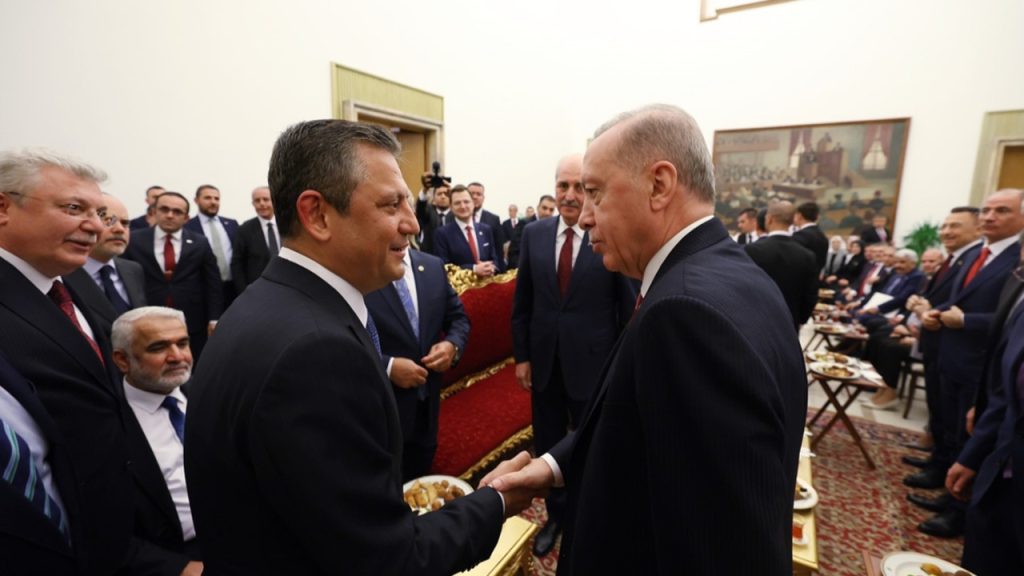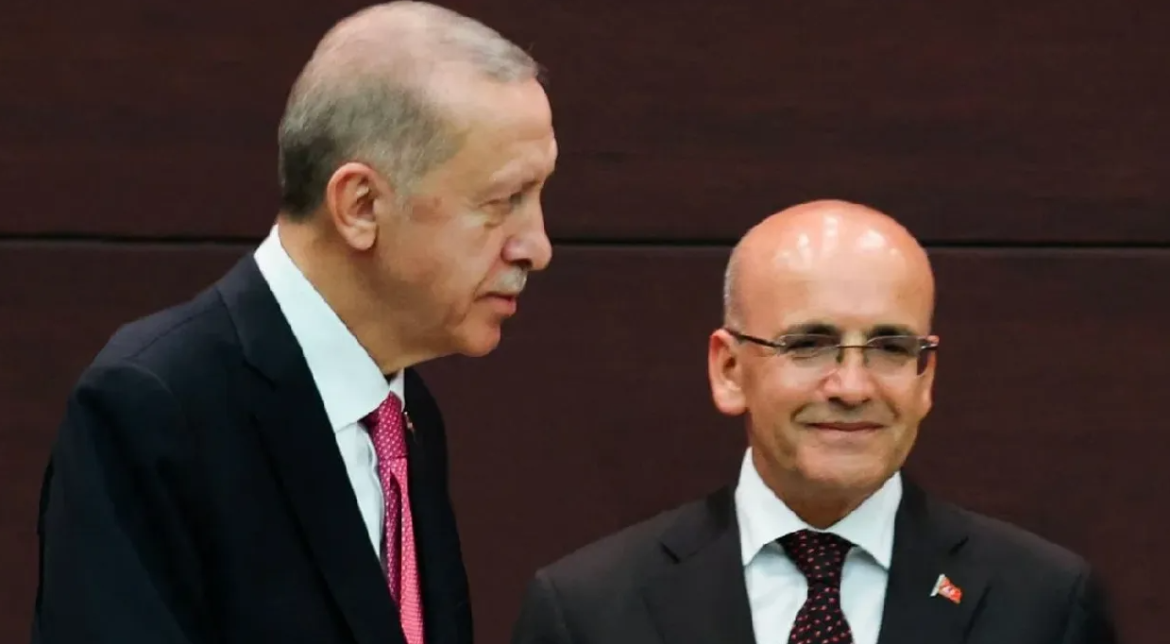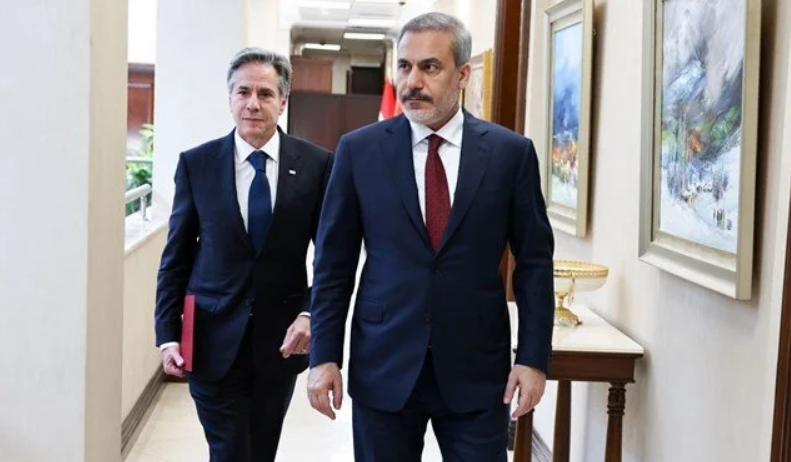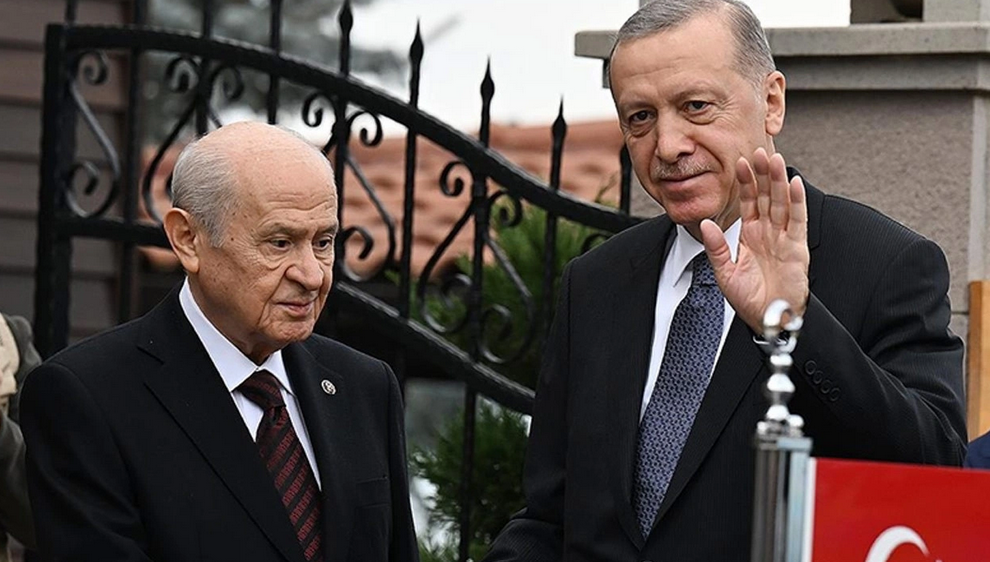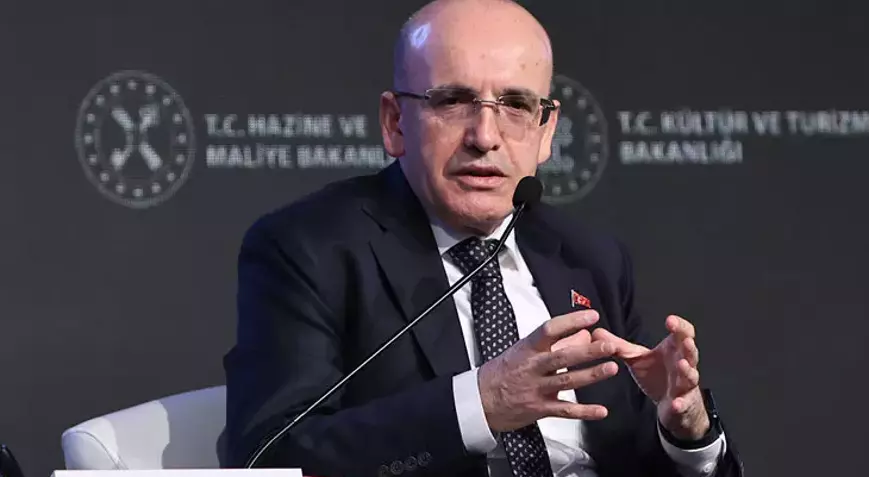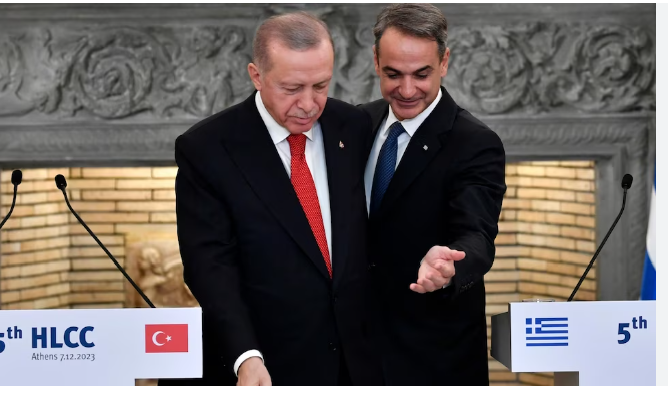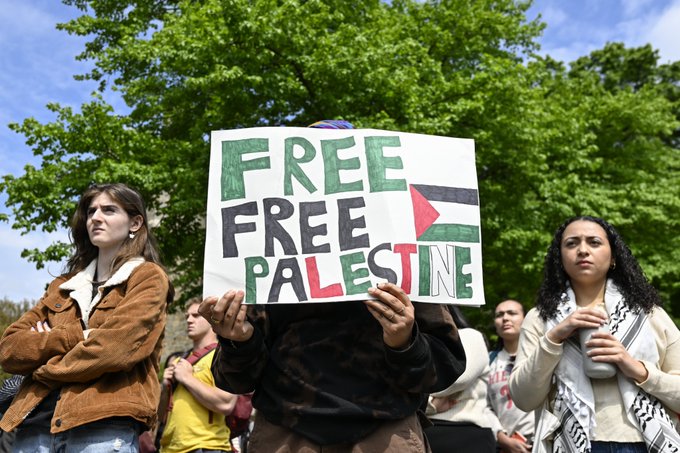Journalist-Writer
The latest “Turkey’s Pulse” survey by MetroPoll research company has raised alarm bells for the ruling Justice and Development Party (AKP) and issued serious warnings to the main opposition Republican People’s Party (CHP). MetroPoll Director Özer Sencar noted a decline in votes for both parties compared to April, with the AKP hitting its lowest vote
I have no intention of targeting Mehmet Şimşek, the Minister of Treasury and Finance. Ruling Justice and Development Party (AKP) members are already doing that enough. Despite the defeat in the March 31 elections, they act as if President Tayyip Erdoğan wasn’t the sole decision-maker and they had done everything right, still claiming, “If we
The Central Bank of Republic of Türkiye (CBRT) which sold foreign currency from its reserves to prevent the US dollar from appreciating further against the Turkish lira (TL) before the March 31 elections, is now buying US dollars from the market to prevent the TL from appreciating too much against the dollar. According to Central
The Ankara 22nd High Criminal Court handed down heavy sentences in the Kobani Trial on May 16. The most notable were the 42-year sentence for Selahattin Demirtaş and the 30-year sentence for Figen Yüksekdağ, both of whom were co-chairs of the HDP at the time. Their sentences were the natural headline in media. Like the
A few hours after Turkish President Recep Tayyip Erdoğan said Hamas is “defending Anatolia’s frontline” in Gaza in Turkish parliament on May 15, Foreign Minister Hakan Fidan appeared on a live NTV broadcast. Erdoğan grounded his assertion of “frontline defense” on the assumption that the radical government in power in Israil would eventually cast its
The phrase “Fascism does not prevent speech, it compels speech” belongs to French philosopher Roland Barthes. Whether out of genuine necessity or strategic maneuvering, the Nationalist Movement Party (MHP) leader Devlet Bahçeli’s recent remarks, stating that “he smells coup plot” by linking the ongoing Ayhan Bora Kaplan gang investigation by the Ministry of Interior on
Minister of Treasury and Finance, Mehmet Şimşek, finally unveiled long-awaited austerity measures in the public sector on May 13, under the watchful eye of Vice President Cevdet Yılmaz. Both underscored that these measures were meticulously crafted with the directive and approval of President Tayyip Erdoğan. Following the announcement, neither Yılmaz nor Şimşek take questions from
The most important outcome expected from the May 13 visit of Greek Prime Minister Kyriakos Mitsotakis to Ankara as the guest of President Tayyip Erdoğan will be to avoid any unpleasantness. Yes, a series of protocols and agreements are on the table to fulfill the “Athens Declaration on Friendly Relations and Good Neighborliness” signed by
The Democratic Equality and Democracy Party (DEM Party) emerged as the opposition party providing the most explicit support for the ruling Justice and Development Party’s (AKP) new Constitutional initiative. For instance, while the CHP leader Özgür Özel expressed a desire to see the proposal President and AKP leader Tayyip Erdoğan would bring forward, DEM Party
In the past few days, Türkiye took two significant steps against Israel’s attacks in Gaza, which have claimed the lives of more than 35,000 Palestinians in the last six months. First, Foreign Minister Hakan Fidan announced Türkiye’s decision to join in the case brought by the Republic of South Africa against Israel for genocide at
